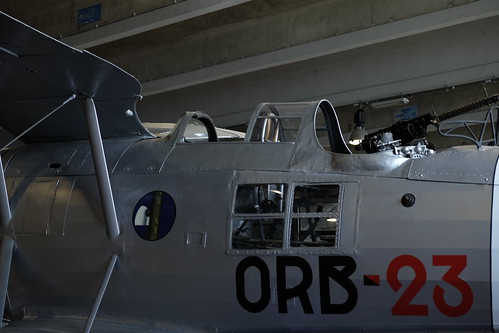A rabbi and imam in conversation on how they’re counseling their communities
Imam #Imam

An imam and rabbi spoke of what they’re telling their congregations, and what they would like to say to each other. Hanan Isachar/Getty Images hide caption
toggle caption Hanan Isachar/Getty Images
An imam and rabbi spoke of what they’re telling their congregations, and what they would like to say to each other.
Hanan Isachar/Getty Images
The conflict in Israel and Gaza has brought grief and pain to many Jews and Muslims in the U.S.. All Things Considered invited a rabbi and an imam to share how they are counseling their congregations here in the States.
Who are they?
First, what is the latest?
To understand more on this conflict, listen to the Consider This episode on the emotional impact it has had on Jewish and Palestinian Americans.
A demonstrator wears a yarmulke embroidered with the flags of Israel and the United States during a rally in support of Israel outside the Colorado State Capitol Building in Denver on Sunday. Jason Connolly/AFP via Getty Images hide caption
toggle caption Jason Connolly/AFP via Getty Images
What are Imam Herbert and Rabbi Brous saying?
The rabbi and imam spoke with All Things Considered host Ari Shapiro on Friday. They talked about the messages they’re sharing with their congregations, and spoke to one another directly with messages of peace.
On how they’re guiding their congregations:
Imam Herbert: For our sermon [on Friday], what we’ve prepared is kind of a reflection piece, taking an opportunity to reflect on our lives internally and then to think about how it is that we will respond externally, right? Faith without action is absolutely useless, and action without faith is misguided. And so when we speak about an internal response to how it is that we internalize everything that’s happened, one of the key things that I hope for my community to step away from the sermon with is understanding that there is pain on both sides, right?
Rabbi Brous: I see the pastor’s task as offering some kind of moral clarity, which in this case means both repeating again and again that there is no justification for crimes against humanity … And I also need to remind my community that Palestinians are suffering terribly also now and will continue to in the days ahead. And so just as we ask the world to see our pain and stand with us in our sorrow, it’s our moral and spiritual obligation to do the same, to expand our lens of care and concern to also encompass the Palestinian people.
On what they want to say to each other:
Rabbi Brous: I will say to you, Imam Herbert, I’m holding you and your community, your beloveds in your mosque and their families in Gaza in my heart and in my prayers. And I know that there is a better way for humanity that we can walk together toward peace, dignity and justice for all people. And I really appreciate you as a partner in that work. Thank you.
Imam Herbert: I share the same sentiment. For me, I think one of the most profound things that I heard you say that really, really stuck out to me, rabbi, was you mentioned that the real enemies of this war are not the Jews or the Israelis or the Palestinians. It’s those people who have decided that violence is the only answer. And that really, really stuck with me. That this shows that there actually is a way to have a conversation.
A person rides a bike with a Palestinian flag during a march in support of Palestinians on Saturday in Dearborn, Michigan. Matthew Hatcher/Getty Images hide caption
toggle caption Matthew Hatcher/Getty Images
What now?
Learn more:
Michael Levitt and Scott Detrow contributed to this report.